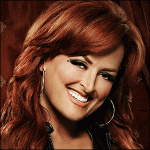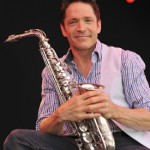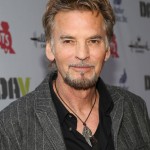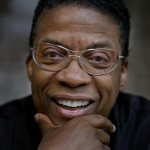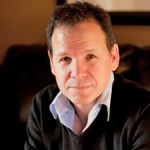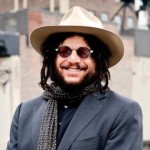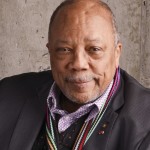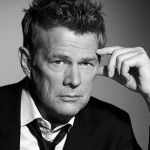Though they rarely share the same stage, bassists Nathan East and Will Lee have had strikingly similar musical journeys. Both came up through the then-bountiful studio scene (East in L.A. and Lee in New York) and became first-call sideman on their respective coasts. During that time both bassists developed a reputation for substance over flash while praying at the altar of Larry Graham and Chuck Rainey. Since 1982 Lee has held down the bass chair on David Letterman’s late night show while doing sessions, serving in the house band for the Rock ’n’ Roll Hall of Fame inductions, and issuing several solo albums. East is more of a road dog: For many years he served with Eric Clapton while recording and performing with everyone from Sting and Stevie Wonder to Phil Collins and Toto.
Both bassists recently added important new entries to their extensive discographies. Lee’s solo album Love, Gratitude & Other Distractions embraces everything from dirty NOLA blues with the Reverend Billy Gibbons to heartfelt jazz standards. For East, it was time to step outside of his longtime group Fourplay for his first-ever solo release, which boasts Stevie Wonder tunes, (with the man himself), orchestral textures, and a touching duet on the Beatles “Yesterday” with Nathan’s son Noah.
We decided to let the two bass greats interview each other about their respective projects. Naturally, they couldn’t resist talking shop, swapping stories, and paying tribute to some of their heroes. Let’s listen.
Lee: Well, it’s an honor to be considered in the same sentence as Nathan East.
East: Come on, man! You’re stealing my line! [Laughs]. I was thinking earlier today about the first time we met. When was that?
Lee: One of the first times I actually remember meeting you—and I’m sure it happened before then, because I have a history of being a drug addict and alcoholic, so there are parts of my life that aren’t clear—was at Live Aid.
East: Oh, wow. Yeah, that was ’85.
it’s a big hit.”—Nathan East
Lee: I’m sure we must have meet before then. That was the year I got sober. You were there with Kenny Loggins, and you were just as nice then as you always are.
East: I’d heard of you as far back as ’82. There was a session that [guitarist] Chuck Loeb and I met at for a Patrick Williams record at Clinton Studios. You were probably the only cat who wasn’t there—it was Steve Gadd, both Breckers. And I was like, “Why am I here?” because you were right down the street. [Laughs]. You must have been busy.
Lee: As you know, there was a time when sessions were rampant. And in New York, because of the proximity of everything, it was easy to do five or eight sessions a day. There was a lot of running around. There were times I’d head to a vocal session and leave my bass in the trunk of a cab because I’d be so frazzled. We should have had multiple basses and just left them at studios. But we weren’t thinking about that. We had our favorite bass, and that was the one we wanted to have with us.
East: What was your favorite bass during that era?
Lee: I bought a bass from Tom “Bones” Malone. It was a Fender Precision, and I didn’t realize how amazing it was until it burned up in a fire in 1975. I’ve been trying to replace it ever since. It had such a great range of sound that I ended up playing a Jazz bass on an emergency basis after trying out so many other P basses. That bass had all the harmonics. It had presence. It didn’t have that hollow Precision sound. It had a really nice, meaty sound.
East: I was a Jazz bass guy at the time, too. Then I had a cool Precision that just had that P sound. Then I jumped on the Yamaha train. Abraham Laboriel put the first Yamaha bass in my hands, and I was like, “What is that?” Of course, it’s the fingers, not the bass, but he just had the thing smoking. Thirty-some years later I’m still playing Yamahas.
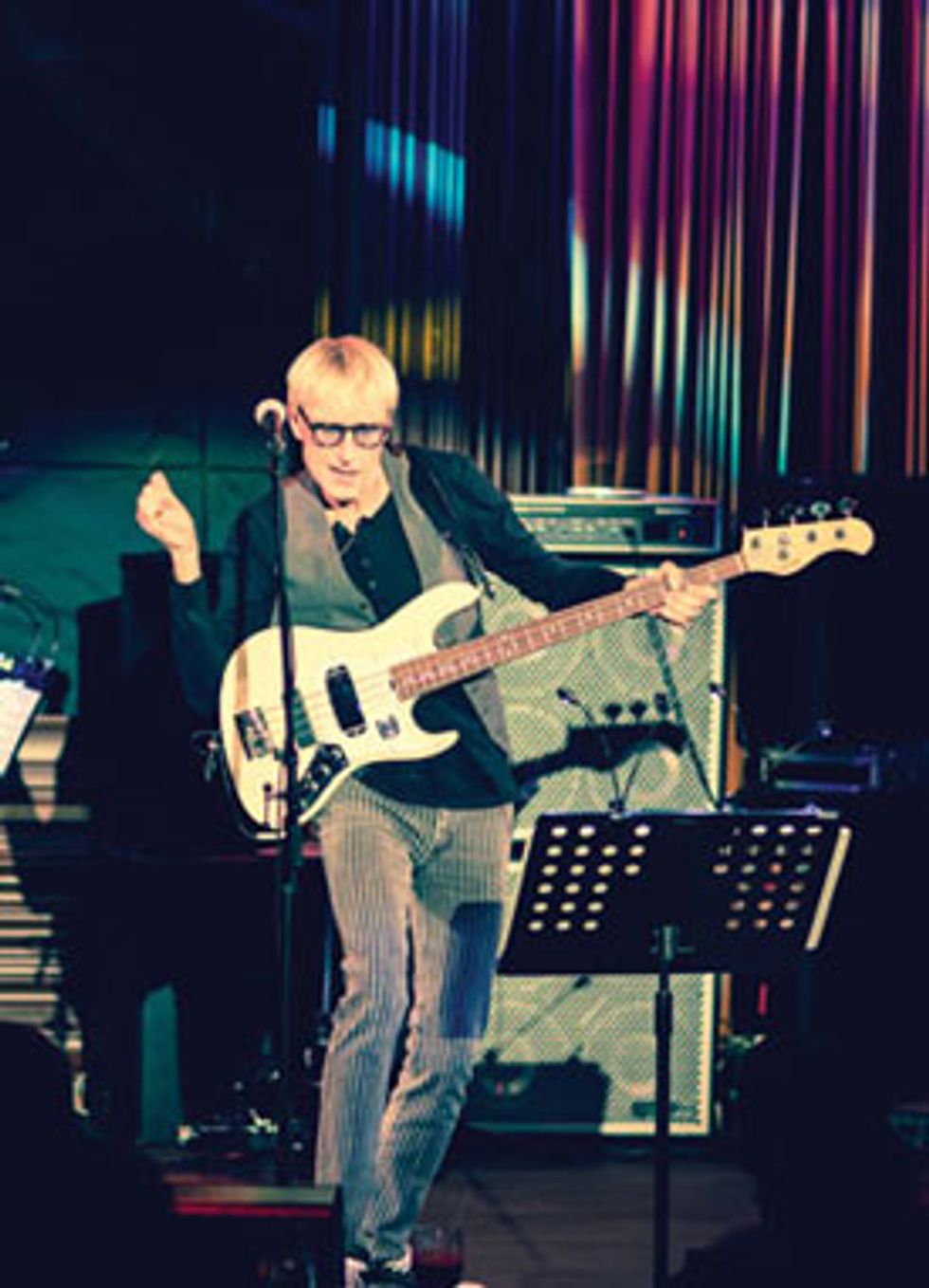
Will Lee drops a low G with his thumb during a show in Japan. Photo by Sandrine Lee
Lee: It’s still pretty much a glorified Jazz bass, really.
East: Exactly! I just told someone that yesterday.
Lee: My question is: If Nathan’s first album is this good, how scary is the second one going to be?
East: I’ve been talking about this for a long time: literally more than two decades. Bob James and the guys in Fourplay give me such a hard time about it. I used to start making demos for a solo record, but then we’d go into making a Fourplay record, and I wouldn’t be prepared for that, so my tune would just go over there. Chuck Loeb pulled me aside in Montreux a couple of years ago and said, “Nate, what’s the holdup? You aren’t getting any younger. Let’s do this!” So we made a list of all the people it would be fun to include.
Lee: What was the holdup? Was there any sense of not wanting to commit to a direction?
East: Even when you make a plan, it comes out completely differently, so why even plan? But number one, Fourplay has been my solo spot because I get to write, blow, and pretty much do whatever I want. That’s taken a bit of the pressure off. The other thing is just being blessed with a ton of work. If you’re not on a Clapton or Phil Collins tour, or out with Herbie Hancock or Al Jarreau, you’re in the studio. I didn’t want it to be a weekend thing where I would go in and do two more tracks. I wanted to have some cohesiveness, and I’m glad I got a rhythm section for an entire week.
Lee: That’s pretty organized, man.
East: How did you plan the sessions for your album?
Lee: I was starting to explode with ideas to the point when I just had to get them out. I started with one song, and then I recorded a second song that had nothing to do the first one. I said, “Well, this looks like the makings of a non-album!” But I’m realizing that the content of my record is, so to speak, shit I like. So that’s what I went for. I didn’t care about a direction. I just wanted to have a great time and make each tune its own little journey.
For the full article view here: http://www.premierguitar.com/articles/20423-will-lee-nathan-east-bass-brothers
